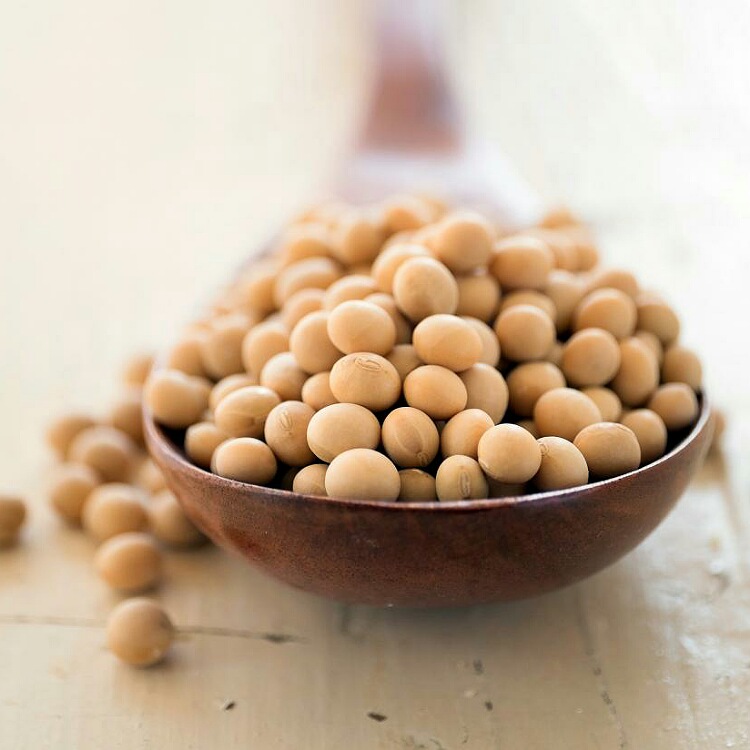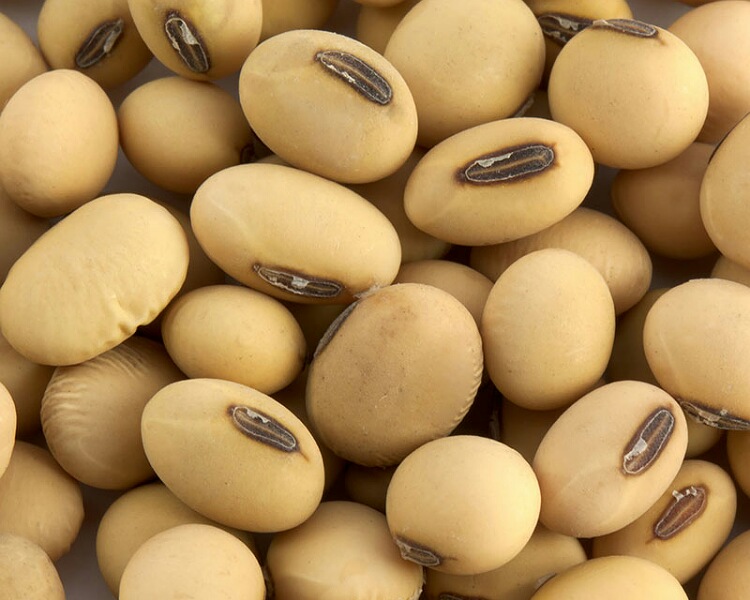Soybeans have been a food since ancient times. But there have been a lot of myths associated with it. But none have been proven so far. Dietitian Kathryn Piper says:
“Soy is probably the most controversial nutrition topic out there,”
“The different outcomes in the research are most likely related to the variations in how soy is studied.”
What is the current opinion on it? What are its benefits for the body?
Soybeans: the controversial bean

Soybeans have been in existence for many centuries. It has been an important food item since ancient times. But it also remains a highly controversial edible item.
This is mainly because there have been beliefs that it can lead to gynecomastia in men, dementia, thyroid disease, and breast cancer.
But experts from the Harvard School of Public Health have ruled out these fears. They add that none of these beliefs have any basis or proof to support them.
They add that one can consume soybeans as many times in a week as they desire. It is a good option for processed and red meats. Kathryn states:
“Numerous studies support the safety of 25 grams of soy protein per day,”
“Soy is nutrient-dense, providing protein, fiber, calcium, and B vitamins and it appears to have a positive impact on those with heart disease and diabetes and women in menopause.”
Potential health benefits of soy

Soybeans have a lot of health benefits and many of these have scientific backing to them.
Weight loss
Soy can assist in weight loss. It has a high amount of proteins. This is useful for muscle buildup and repair. The more muscle, more the calories are burned. It is also filling and hence overall food intake is less with it. Another dietitian Lauren Manaker explains:
“Soy may play a positive role on insulin resistance, fatty acid metabolism, and other hormonal, cellular, or molecular changes associated with weight gain,”
It reduces fat mass, body weight, and also blood cholesterol.
Heart-friendly
The high protein promotes weight loss and reduces strain on the heart. Toby Amidor, a nutritionist with Eatthis.com board member states:
“Soy can help lower cholesterol and reduce your risk of cardiovascular disease,”

It lessens the risk of heart attacks and stroke. The blood pressure rise is prevented and also inflammation comes down with soy consumption.
Bone strength
Osteoporosis risk increases after 50 years of age. A large number of elderly Americans suffer from it and are at risk of bone breaks. Soy can protect against these fractures. Lauren explains:
“The isoflavones in soy foods are linked to improved bone mineral density and preventing osteoporosis-related bone loss, regardless of your weight,”
Breast cancer protection
Read more: Edamame: the Japanese side dish with a nutritional punch
Earlier, it was said that eating soy increases the risk of breast cancer. But new studies have revealed that moderate consumption of soy protects against the risk of breast cancer.
This is due to the isoflavones which are phytoestrogen and these reduce the risk of breast cancer, mortality due to it, and also deaths due to other causes.
A recent 2022 study has also shown that it protects young girls from developing breast cancer in later life. 329 girls were followed up for 2 years after menarche.
There was an inverse relation between soy consumption and the volume of fibroglandular tissue. This indicates a lower risk of breast cancer.
